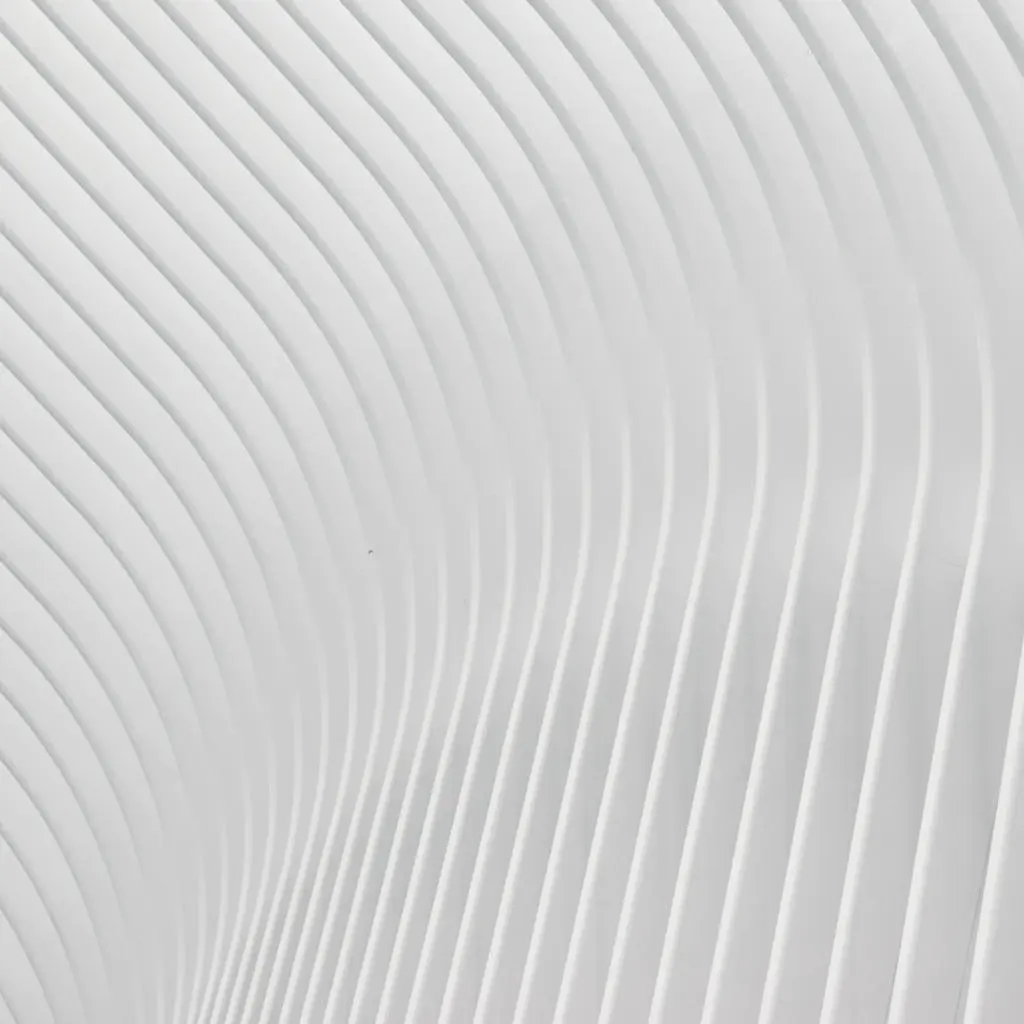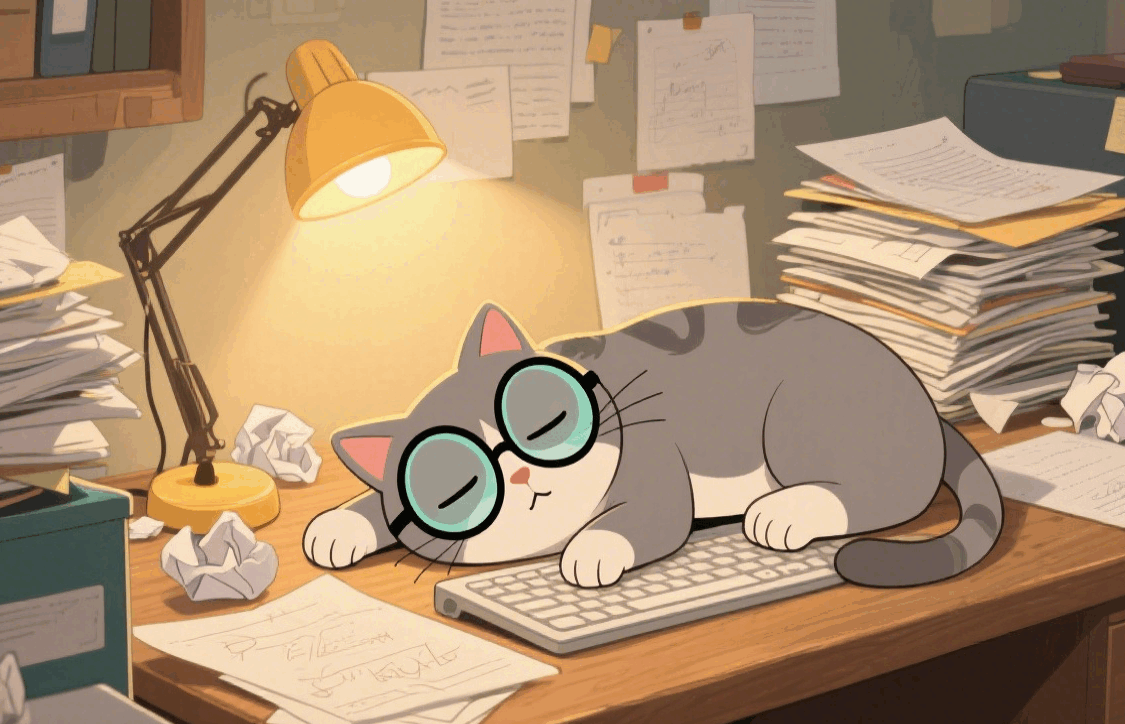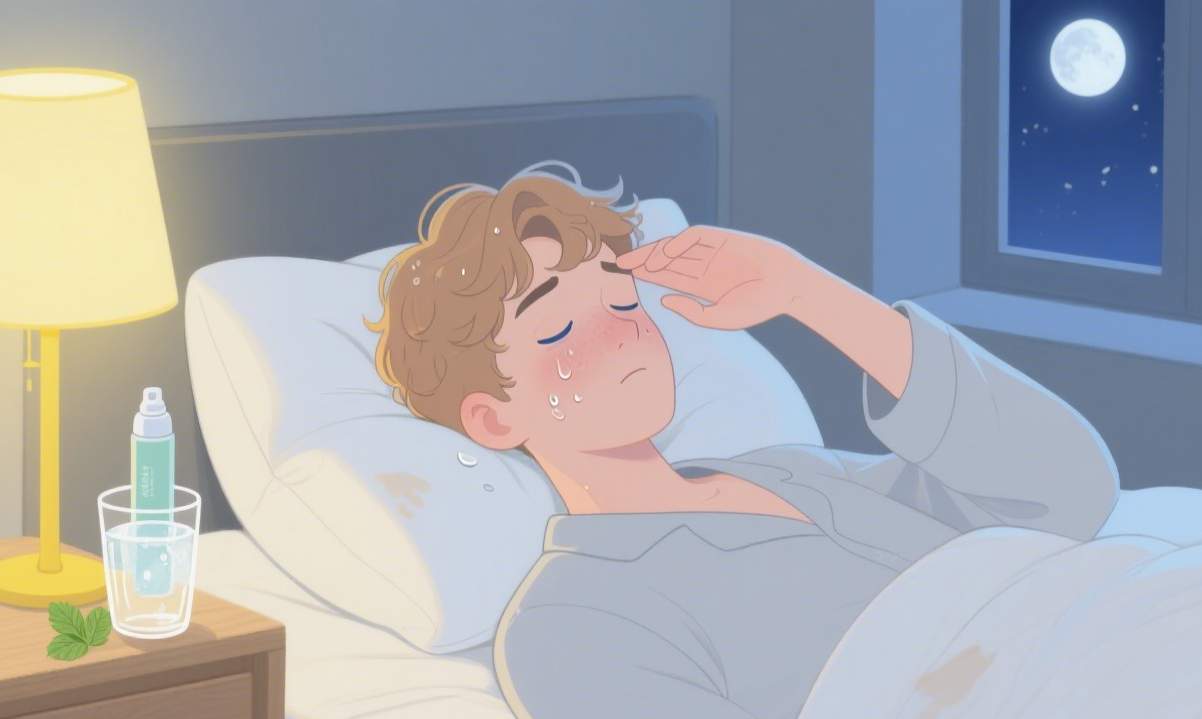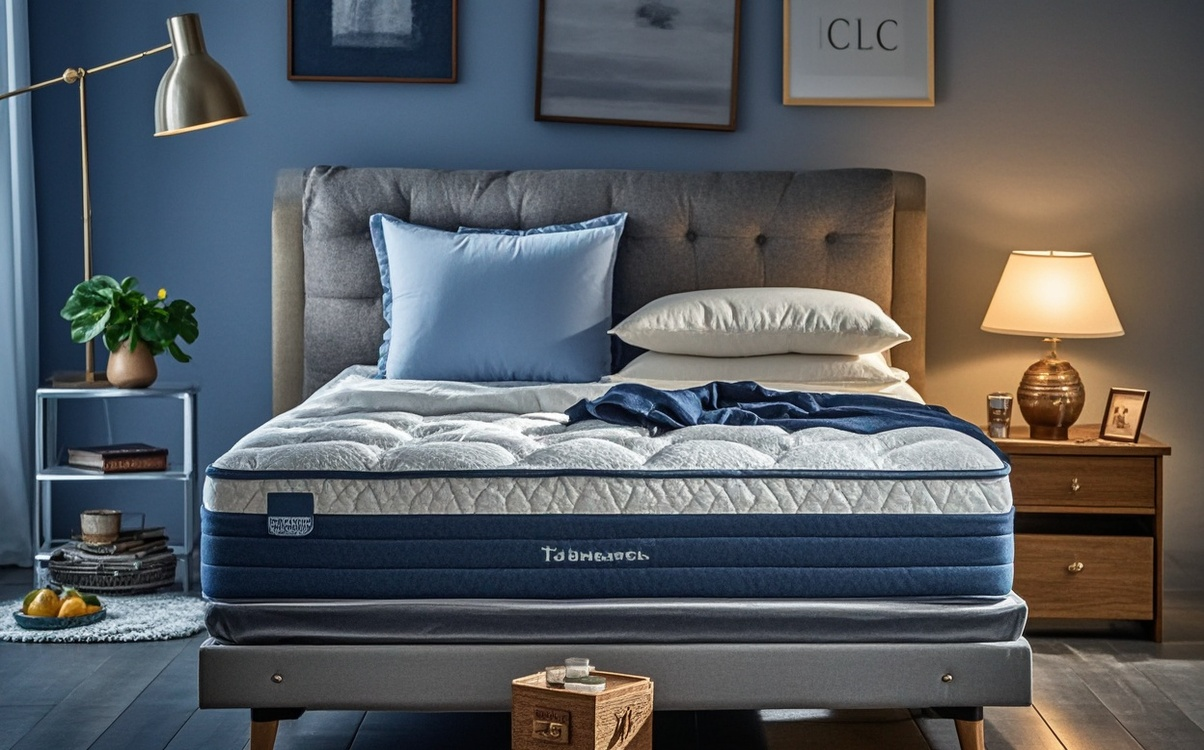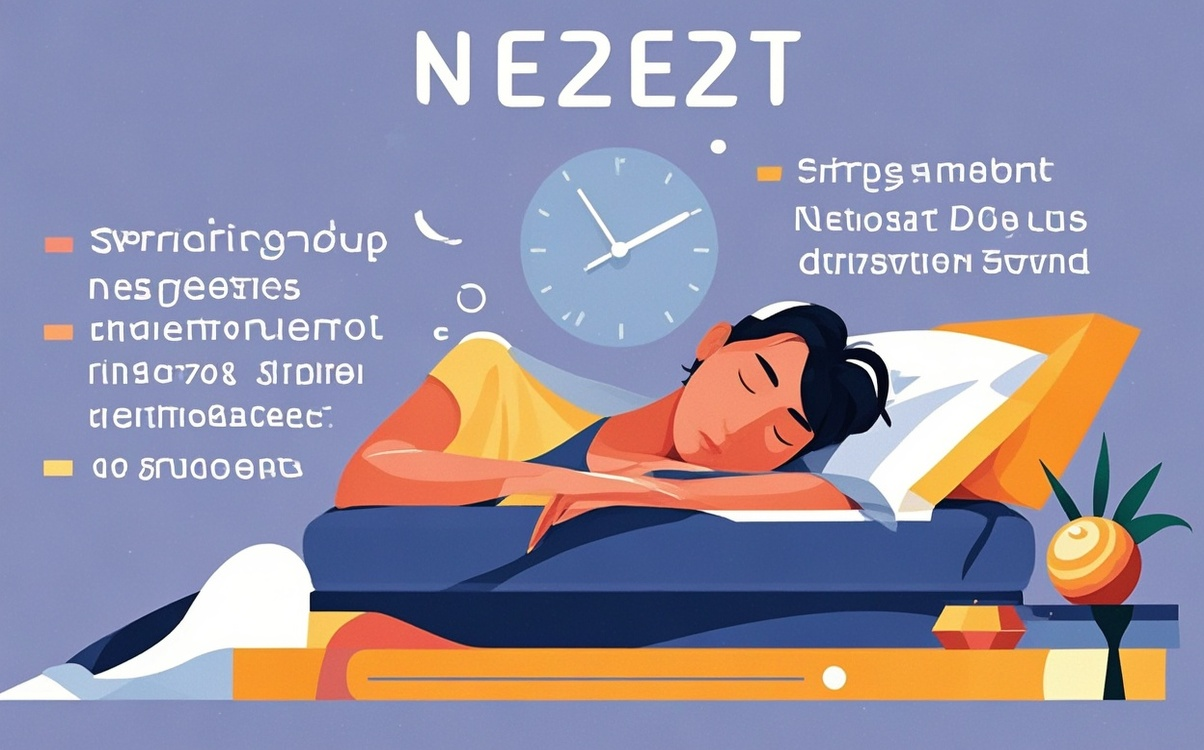Drool, that's saliva, produced by your salivary glands. You've got big ones and small ones. The major players – the parotid, submandibular, and sublingual glands – handle about 90% of the saliva-making job. Plus, your mouth lining is dotted with tons of minor salivary glands. Together, these guys crank out 500 to 1500 milliliters of spit every single day – that's like 1 to 3 water bottles worth! Thing is, during the day, we're constantly swallowing it down, so we hardly notice it's there.
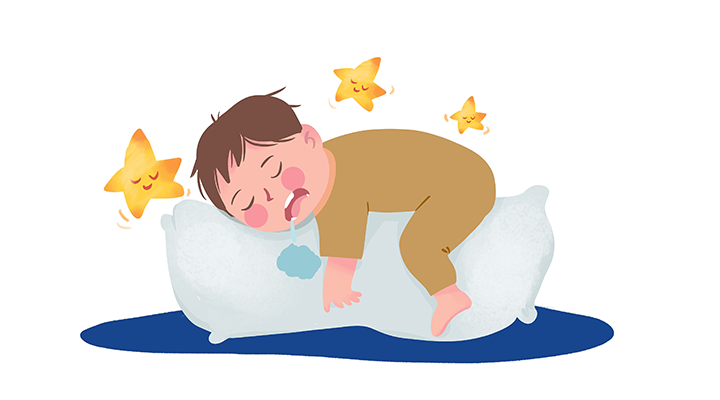
A good amount of saliva is actually crucial. It protects your gums and teeth, keeps your mouth slick, fights off germs, helps break down food, keeps the tiny ecosystem in your mouth balanced, and lowers your risk of choking.
Your brain's cortex is the big boss calling the shots on saliva. It tweaks how much gets made ("production") and how fast you swallow it ("delivery") based on stuff like eating, smells, your age, and even your mood. When your brain gets the signal that it's sleep time, it dials down the saliva factories and slows your swallowing reflex, letting some saliva just kind of pool or trickle down your throat instead.
So why do I drool in my sleep? Is it a sign you're sleeping super deep and hard, or is your body flashing a little warning light? No worries, let's talk about this annoying issue so many folks deal with – the real reasons behind drooling in your sleep. Get this figured out, and you can ditch the embarrassment and finally enjoy a good night's sleep without waking up soggy!
Totally Normal Reasons
1. Sleeping Position is Off: Some folks love sleeping on their stomach. Thing is, this can squish your face, making it hard to swallow the saliva your glands are still making. That's why you might wake up with drool on your pillow. No biggie – this isn't caused by any disease, it's perfectly normal.
2. Stuff in Your Mouth: Wearing dentures (like fake teeth), braces, retainers, or other mouth gear? These can sometimes tickle or irritate your salivary glands, making them pump out more spit while you sleep. Again, this is just your body reacting, not a disease. Totally normal.
Not-So-Normal Reasons (Time to Pay Attention)
1. Mouth Trouble (Inflammation): Got a canker sore (ulcer), gingivitis (gum disease), or glossitis (tongue inflammation)? These hurt, right? That pain can actually jab at your nerve fibers, making the cells that squeeze out saliva go into overdrive. Result? More drool while you sleep. This ain't normal – it's a sign something's wrong. You'll wanna see your primary care doc or a dentist to figure out the cause and get it fixed.
2. Facial Nerve Issues (Facial Neuritis): If the nerve controlling your face muscles gets inflamed or damaged (like with Bell's palsy), those muscles can get weak or spasm. Suddenly, keeping your lips sealed shut while sleeping gets tricky, and drool escapes easily. This isn't normal either – it's caused by a medical problem.
3. Other Health Problems: Conditions like GERD (acid reflux), mumps (swollen parotid glands), or even a stroke (brain infarction) can sometimes trigger drooling during sleep. Often, you'll have other clues too – like heartburn, pain in your face or jaw, or maybe numbness on one side of your body. Yep, this is definitely not normal – it points to an underlying medical issue.
Make it a habit to sleep smart. Try to ditch stomach sleeping – back or side sleeping is usually better. If you're drooling a ton in your sleep, or if it comes along with other weird symptoms (pain, numbness, heartburn, etc.), that's your cue something might be up. Don't brush it off. Get checked out by your primary care doctor, a dentist, or maybe a neurologist to figure out what's going on. Now go get yourself some drool-free sleep!


